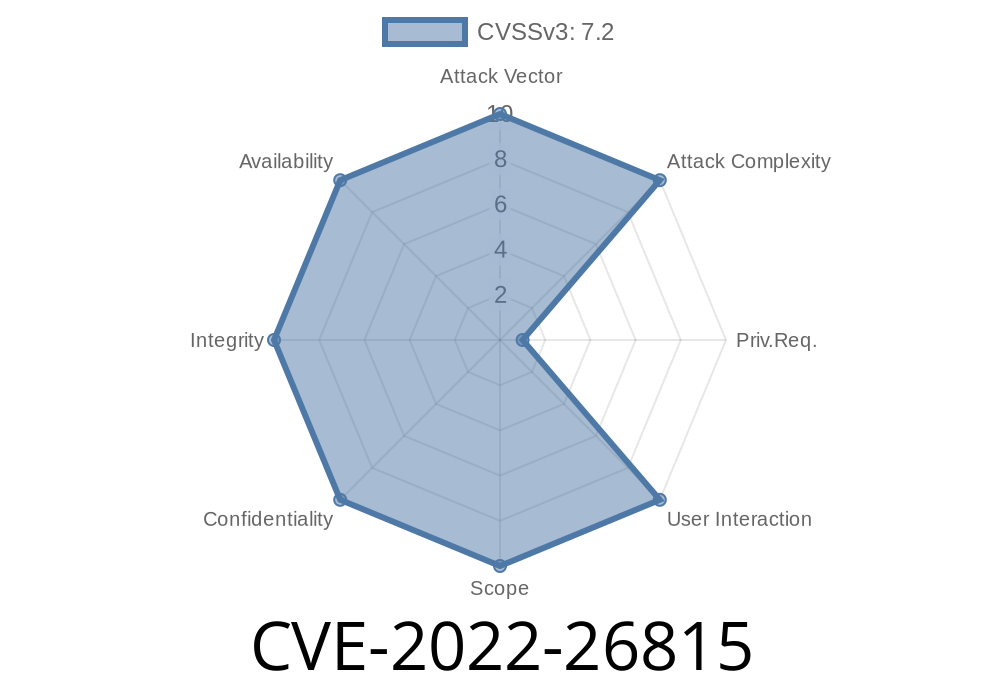This vulnerability occurs when DNS servers are misconfigured so that an attacker can send an email with a malicious link to an unsuspecting DNS administrator and have them issue a command that would give that attacker full access to the DNS server. This is different from the more common DNS amplification attacks where the attacker sends many queries to a website which causes it to send a large number of queries to the server. In this case, the attacker sends one query to the DNS server which has the potential to give the attacker full control over the DNS server. The DNS server would need to be configured to allow remote code execution. This can be done by either accepting all connections or by setting up an auth rule that allows any connection. The DNS server needs to also be misconfigured so that it has remote code execution enabled. By default, the Windows operating system only allows a user to execute system processes. However, there is a group of special system processes called the “secure shell” or “secure SHell” that are system processes that can be executed by remote code. An attacker would need to exploit both a misconfiguration on the DNS server and remote code execution on the DNS server. There are two ways this can be done. First, the DNS server can be misconfigured so that it has remote code execution enabled. This can be done by either accepting all connections or by setting up an auth rule that allows any connection
DNS Amplification Attacks
DNS amplification attacks can occur when a DNS server is misconfigured so that an attacker can send an email with a malicious link to an unsuspecting DNS administrator and have them issue a command that would give that attacker full access to the DNS server. This is different from the more common DNS amplification attacks where the attacker sends many queries to a website which causes it to send a large number of queries to the server. In this case, the attacker sends one query to the DNS server which has the potential to give the attacker full control over the DNS server. The target of this attack would be someone who controls or manages your domain name system (DNS). A successful outcome for this attack could lead to remote code execution on any computer connected to the targeted DSN.
Timeline
Published on: 04/15/2022 19:15:00 UTC
Last modified on: 04/18/2022 20:14:00 UTC
